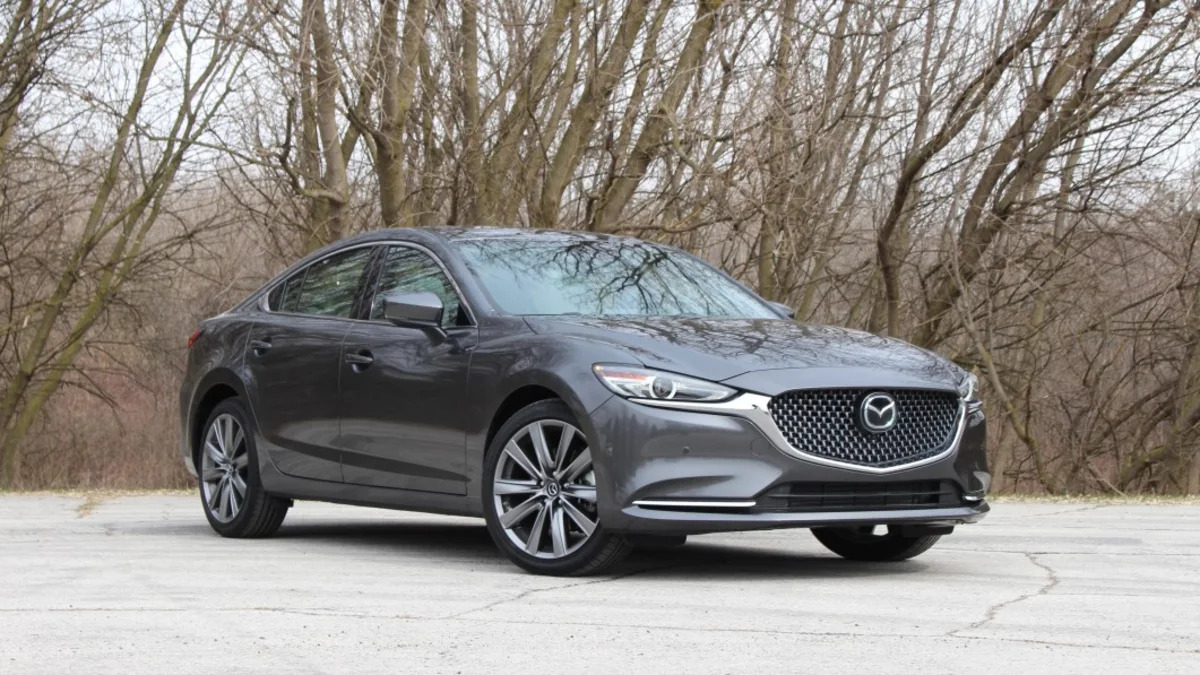While customer demand for new cars remains strong, automakers are struggling yet again to put inventory on dealer lots. Early reports of May sales paint a bleak picture of an industry decimated by supply-chain bottlenecks and desperate to get their hands on units for retail customers.
Ford's overall slip looks small compared to others in the industry, with volumes falling off just 4.5 percent compared to a year ago, but the company's best news is that it appears to have turned a corner on Explorer and F-Series deliveries, which were both up compared to last May. The F-Series ticked up just 6.9 percentage points while explorer volumes improved by nearly 20%.
Hyundai saw a 34% drop in sales compared to last May. While some models that have seen lagging sales were among the bad news, strong performers such as the Kona (-42%), Santa Fe (-18%) and Tucson (-25%) were down significantly. The only positive points for Hyundai were Ioniq 5 and Santa Cruz, neither of which was in showrooms this time last year.
"There continues to be extraordinary consumer demand for Hyundai vehicles, with dealers selling every vehicle they get," said Randy Parker, senior vice president, national sales, Hyundai Motor America. "We expect demand to remain strong and inventory levels to improve later in 2022."
Kia managed one bright spot — Niro. The older Hybrid managed to one-up its performance from last May and even outsold the new EV6, which was Kia's only other bit of good news. Like Hyundai, Kia's remaining lineup was in the tank.
News was even worse at Mazda, whose smaller footprint makes it more susceptible to market volatility. Its May results were down a whopping 64% from a year ago, and its books got little help from the brand-new CX-50 and MX-30. Only two Mazda6s were sold in the U.S. in May.
We will continue to update this story as more sales results are reported this week.


Sign in to post
Please sign in to leave a comment.
Continue